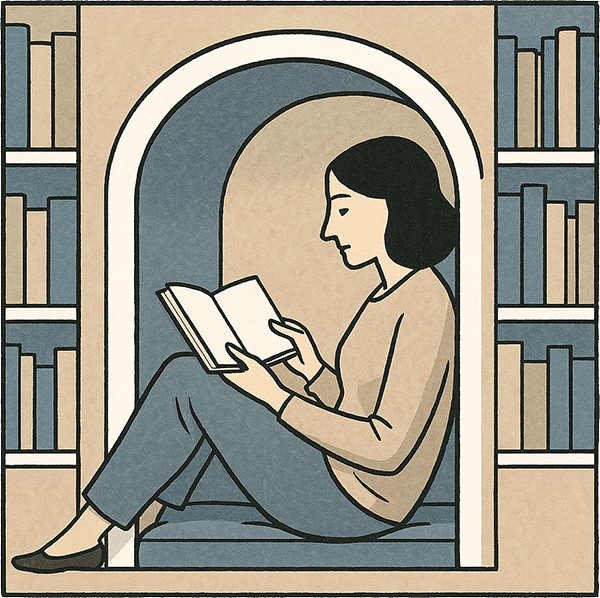How to Find the Perfect Editor
There are many elements that separate a typical self-published book from the polished, high-quality books we expect to find on the shelves of bookstores. Everything from design to distribution strategies determines whether a book will compete alongside the vast number of books that are self-published each year, or on the level of high-quality, traditionally published bestsellers.
But even the best design and marketing money can buy won’t turn a poorly written book into a bestseller. When working with major publishers, even the best authors are expected to put their work through a thorough editing process, with feedback from experienced editors that are knowledgeable in the genre. Self-publishing doesn’t have to mean doing everything by yourself. You can achieve traditional publishing quality without working with a major publisher. You just have to realize it’s up to you to hold yourself accountable.
Editing needs to be a top priority to get the best results in self-publishing. While various authors and genres may have very different editing needs, the bottom line is that everyone needs an editor. Even an author with a professional editing background shouldn’t be the one to edit their own book. So what do you need to know? How do you choose an editor? What type of editing does your work need?
Types of editing
Editing is always a multifaceted process. Your typical novel manuscript, even in decent shape, to begin with, should at minimum go through a line edit followed by a proofread. Line edits ensure clarity and correct use of language, often on a sentence or paragraph level, while proofreading is a final check before publication, for mistakes and typos. The editing process should progress from large changes to small, to make sure new mistakes aren’t created and then missed.
Many manuscripts, especially from first-time authors, will contain deeper issues on the level of structure, content, and storytelling. These need to be addressed first, through content or developmental editing. Some books will need other specialized types of editing, like fact-checking or technical editing. Start with changes to the content, then the language on a sentence level, and then finally, check for typos and other errors.
To find out where to begin, and exactly what your manuscript needs to become the best book possible, a manuscript evaluation is the place to start. At Izzard Ink will look over a manuscript to determine what kind of editing is necessary, whether it’s just a proofread, or a developmental edit to rebuild from the ground up. We’ve seen everything on this spectrum, from one manuscript where we needed to tell the author to hire a writing coach and start from scratch to another author with a great knack for storytelling who just needed to polish some of his language.
Choosing an editor
In your search for an editor, consider two elements. Are they truly a top tier editor, with experience working on traditionally published books, and ideally bestsellers? And then, are they the right editor for your book in particular?
You’re aiming to match the quality of a traditionally published book when self-publishing, and the best way to do this is to work with the exact same people. There’s nothing to stop you from hiring the very same editors that work for major publishers, and there are publishing services that will help you do just that. A simple Google search can help you find out what books an editor has worked on, and you can check the book’s copyright to see if it’s from a major publisher.
But also keep in mind, there’s no one-size-fits-all solution. An editor needs to understand the genre they’re editing, to grasp the author’s goals as well as the expectations of readers. If you’re writing a sci-fi novel, try to find an experienced sci-fi editor. The same goes for self-help or non-fiction. Experience with the genre makes it more likely they’ll be able to bring a valuable, informed perspective to your work as a whole.
The more specialized the niche, the more specialized the editor should be. While experience editing fantasy books could also help with editing sci-fi, if you’re writing a medical or academic text for others in the field, there’s no room to budge on finding an editor with related experience.
Editing is personal
Finally, remember the editing process is a personal one. You should look for an editor that seems to understand your goals, communicates well, and with whom you could establish a smooth and productive working relationship. The more personal your work is, the more personal the editing process will feel. This can raise some challenges. You may disagree with some of your editor’s input.
Ideally, you’ll have the chance to see two to three sample edits from prospective editors before you choose one. An editor will show you how they would edit a small portion of your book, so you can see their style and contrast and compare with others. At Izzard, we look for sample edits that strike a balance between improving a manuscript and leaving the author’s voice intact, for example in a recent editing proposal for a poetry book—a particularly challenging genre to edit. We also looked for an editor that could communicate well with the author, especially important in poetry, where there might not be a clear “correct” solution for every problem. The editor needed to share the author’s vision for what the poetry was trying to accomplish. While especially crucial for poetry, this principle is important for any book.
Your editor should explain exactly why they’re recommending a change, and if you disagree, you should, likewise, tell them exactly why. This gives you the chance to pause and determine whether you have a good reason to feel attached, or whether it’s just a knee-jerk reaction. Good communication can also allow you and your editor to collaborate on a third option that meets both of your goals for the work.
The editing process isn’t easy. But if there’s one single element of publishing that separates the professionals from the amateurs, editing is it. Editing has a direct impact on the way readers will experience your book. Even if you can’t afford the most polished, glossy marketing or design, a well-written, and well-edited book may ultimately gather steam on its own merit, through reviews and word-of-mouth. Whereas even the most impressive cover and promotional strategies won’t save a poorly written book.




